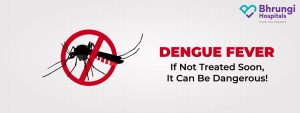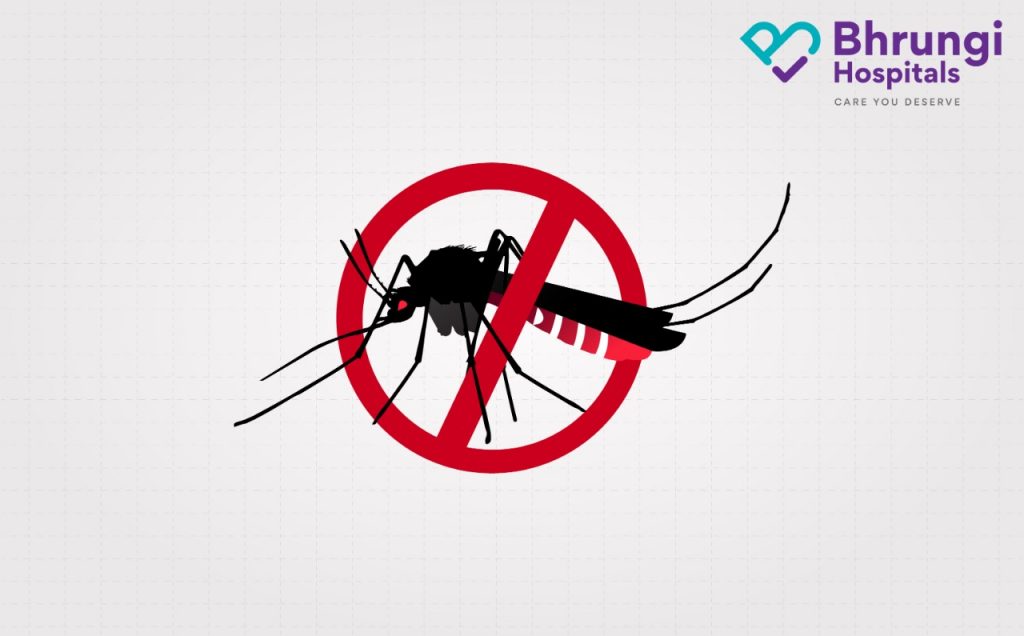
Dengue fever is a viral infection paved by mosquitos. The dengue virus causes it. Symptoms may develop three to fourteen days after infection. High fever, headache, vomiting, muscle and joint pain, and a distinct skin rash are possible symptoms. Recovery usually takes two to seven days. In some minor cases, the infection progresses to severe dengue fever, also known as dengue hemorrhagic fever, which causes bleeding, low blood platelet levels, blood plasma leakage, or dengue shock syndrome causes dangerously low blood pressure.
Which mosquito causes dengue?
Female mosquitoes, primarily Aedes aegypti and, to a lesser extent, Aedes Albopictus, transmit the dengue virus. In addition, these mosquitos transmit the Chikungunya, yellow fever, and Zika viruses. Dengue fever is spreading throughout the tropics, with local risk variations. Rainfall, temperature, relative humidity, and unplanned rapid urbanization all play a role. Dengue causes a wide range of illnesses. This can vary from mild to severe flu-like symptoms in those infected (people do not know they are even infected). Severe dengue, though uncommon, can result in various complications such as severe bleeding, organ impairment, and plasma leakage. In addition, severe dengue has a higher risk of death if not treated properly.
What are the symptoms of dengue?
Several people, particularly children and adolescents may show no signs or symptoms in a mild case of dengue fever. When symptoms appear, they usually appear four to seven days after being bitten by an infected mosquito.
- Dengue fever is identified by a high fever of 104 degrees Fahrenheit and at least two of the following symptoms.
- Nausea and vomiting
- Rashes
- Aches and pains—pain in the eyes, usually behind the eyes, as well as muscles, joints, and bones.
- Headache
- Swollen glands
- The majority of people recover in about a week. Symptoms can worsen and become life-threatening in some cases. Over time, blood vessels can become weakened and leaky. The number of platelets (clotting cells) in your blood decreases as well. This can lead to dengue hemorrhagic fever, severe dengue, or dengue shock syndrome, which are all severe forms of dengue fever.
Severe Dengue Disease
About 3-7 days after the onset of the disease, a patient reaches what is known as the critical period. Then, as the fever falls (below 38 ° C/100 ° F), warning signs associated with severe dengue will appear in the patient. Plasma leakage, fluid retention, respiratory failure, significant bleeding, or organ impairment are all potentially fatal complications of severe dengue.
- Extreme pain in the abdomen
- Vomiting persistently
- Bleeding from the gums or your nose
- Blood in your urine, in your stools, or your vomit
- Bleeding beneath the skin, which may look like bruising
- Difficult or rapid respiration
- Cold skin or clammy (shock)
- Tiredness
- Irritability or disturbance
- Intracerebral hemorrhage
- Mortality
How to diagnose dengue?
Because the symptoms of dengue fever are similar to those of malaria and typhoid fever, an accurate diagnosis may be delayed. Therefore, it is always advisable to see a doctor as soon as symptoms appear to receive a prompt and precise diagnosis. The doctor would examine the patient’s medical and travel history before recommending blood tests to confirm the illness.
Preventing Dengue
The best way to evade contracting dengue fever is to prevent mosquito bites. Wearing light-coloured, loose-fitting clothing that covers the majority of your body is one example. Another fact to remember is that the Aedes mosquito bites during the day and in the late afternoons before dusk. Other measures you can take to avoid dengue fever include:
- Apply insect repellents
- Make sure there isn’t any standing water in your area.
- Wear full-sleeved clothes
- Keep your windows closed to block mosquitoes from entering
- Inspect your surroundings always for areas with stagnating water
Treatment and Prevention of Dengue fever
The disease does not have a specific antiviral treatment. Only symptomatic and supportive therapy is available, but it is critical to receive it because your body is normally weak from the effects of dengue and requires assistance to recover and avoid complications entirely. Dengue fever is treated with acetaminophen-based painkillers because it causes body pain and can make the fever worse. Aspirin should be avoided because it may exacerbate any bleeding.
It’s essential to stay hydrated and get enough rest. After your fever has subsided, you should feel much better. Visit the hospital if this is not the case with you.
If you have dengue hemorrhagic fever, you will need to be admitted to the hospital and may require platelet or other blood product transfusions as well as intravenous fluids. You will also be monitored for blood tests and blood pressure regularly. If your doctor suspects other uncommon complications, you may be subjected to specialized testing such as ultrasound, CT scan, or MRI. You may be admitted to the hospital for a few days.
Advanced consultation, diagnostics, treatment are all available under one roof at BHRUNGI. They assure patients’ convenience, comfort, and affordability while allowing us to deliver care with greater accuracy, precision, and clinical outcomes.








